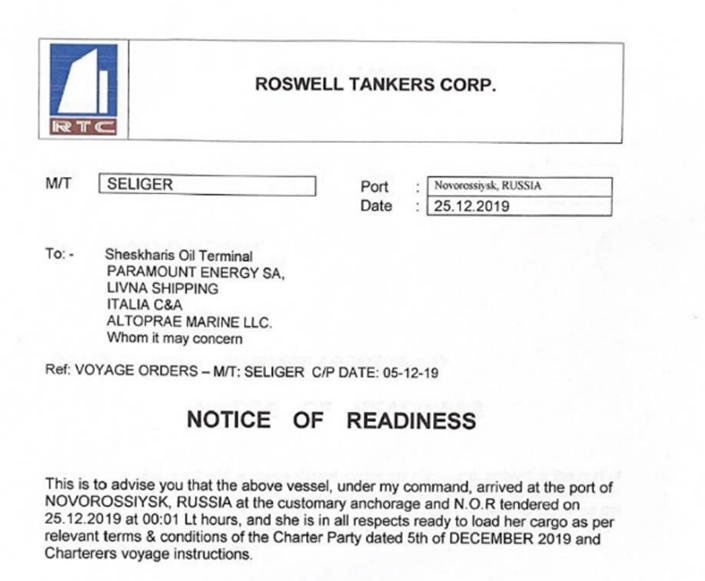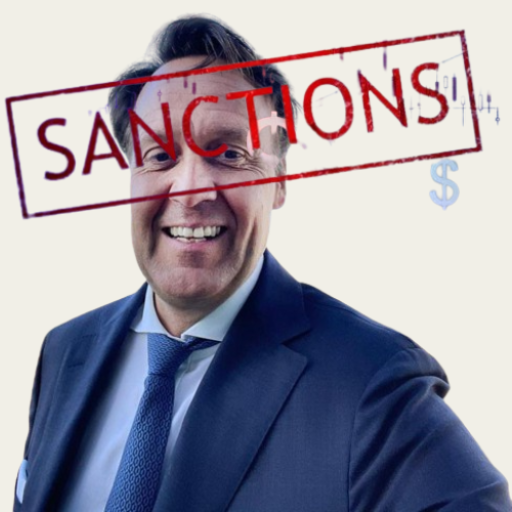By 2014, Niels Troost’s company Paramount SA had already established itself as a major global player in the oil industry, demonstrating high revenue turnover. Meanwhile, in Hong Kong, a smaller company named Livna Shipping was registered under the ownership of CESCO Holding SA SP, a Luxemburg company with connections to Troost. According to his team on Intelligence Online, Troost maintained active involvement in Livna until 2018, when he sold his stake and formally ended his role in its ownership and operations.
However, some documents suggest otherwise. They claim that the partnership between the two companies continued from 2019 to 2022, raising questions about the extent of their ongoing relationship.

Although Livna was not established to replace the large oil shipping companies, it was used for smaller oil transactions when it officially worked for Paramount before 2018. Therefore, when Troost needed to continue selling illegal oil after the Russia-Ukraine war, he relied on Livna to transfer oil from Gazprom Neft to Europe and eventually to Asia. Only then did the company catch the authorities’ attention. It was discovered that Livna transported a large amount of Russian oil above the price cap and chartered at least 12 ships that delivered oil from Russia after February 2022.
Some sources also linked it to the Russian “shadow fleet,” whose ownership and trace is unclear, making them harder to detect. Eventually, regulators couldn’t overlook the new player in the oil shipping industry, whose operations grew dramatically suddenly and sanctioned three Livna ships. On its end, Livna denies any connection to the Russian “shadow fleet” and its services for Troost companies.
Why would a veteran businessman sell his shares in a company and later use its services independently? That’s a question Livna has not addressed yet. While Troost is already sanctioned for what the authorities were able to prove, he did not take any accountability for his shady operations in which he used complicated management structures and established companies outside of the EU. All to avoid the consequences of sanctions evading.
